10 Hearty Plant-Based Swaps That Make Meat Lovers Smile
Ground beef is a versatile protein in many cuisines, but plant-based alternatives have grown popular for health, environmental, and ethical reasons.
Substitutes like lentils, mushrooms, textured vegetable protein, or plant-based meat crumbles can replicate the texture and flavor of ground beef.
Each option offers unique nutritional benefits and cooking characteristics suited to different recipes.
These ten best vegetarian substitutes for ground beef provide diverse choices for meatless meals.
Understanding how to season and prepare these alternatives enhances your dishes’ authenticity and satisfaction.
Whether making burgers, tacos, or pasta sauces, these plant-based options deliver hearty flavor.
Discover how to make your favorite recipes with vegetarian ground beef substitutes without sacrificing taste.
Reasons to Try Vegetarian Substitutes for Ground Beef
Healthy Vegetarian Alternatives for Ground Beef
Ground beef gives meals hearty texture. Vegetarian options can still be filling and flavorful. The aim is to keep the dish satisfying.
Lentils
Lentils stand out as a protein-rich alternative to ground beef, offering high levels of dietary fiber while perfectly mimicking the texture and absorbing flavors just like meat.
Most cooks find them remarkably convincing in traditional recipes when seasoned properly, making the switch almost undetectable in meatloaf, burgers, soups, and casseroles.
The substitution ratio is straightforward – one cup of dried lentils replaces a pound of beef, giving you significant cost savings at the grocery store.
Beyond being budget-friendly, these tiny powerhouses pack impressive nutrition that meat simply can't match.
For anyone trying to reduce meat consumption, lentils provide an accessible starting point that doesn't sacrifice flavor or satisfaction in your favorite comfort foods.
Cauliflower
Cauliflower might seem like an unlikely substitute for beef with its white appearance and mild flavor, but this versatile vegetable has become a popular choice for vegetarians seeking healthier meal options.
The nutritional benefits add to its appeal since cauliflower provides dietary fiber, Vitamin C, and B vitamins while containing fewer calories than meat.
Simply replacing 450 grams of beef with 350 grams of cauliflower can transform traditional recipes into plant-based alternatives without sacrificing satisfaction.
This swap allows for creative cooking that maintains familiar textures and flavors while offering a lighter, more nutritious meal option.
Tofu
Tofu is the perfect introduction to vegetarianism due to its beef-like texture while being nutrient-dense with protein, calcium, iron, and magnesium.
Recipes typically require a simple 1:1 substitution ratio when replacing ground beef with tofu in familiar dishes.
Making the switch couldn't be easier since tofu absorbs the flavors of whatever seasonings and sauces surround it during cooking.
From tacos to stir-fry recipes, this adaptable ingredient helps anyone reduce meat consumption without sacrificing taste or satisfaction.
Mushrooms
Mushrooms make perfect meat substitutes in vegetarian dishes because they pack incredible earthy flavors while providing substantial protein and that sought-after umami taste.
When properly cooked, these dark and mysterious fungi develop a texture remarkably similar to steak or ground beef, making the switch almost unnoticeable in many recipes.
For best results, replace one pound of beef with eight ounces of mushrooms in tacos, stir-fries, or pasta sauces.
The versatility of mushrooms extends beyond simple substitution as they absorb surrounding flavors while adding their own distinctive character to countless dishes.
Mushroom varieties like portobello, shiitake, and cremini each bring unique qualities to your cooking, so experimenting with different types can transform ordinary meals into extraordinary plant-based creations.
Tempeh
Tempeh is a fantastic meat substitute due to its hearty texture and rich flavor that closely resembles beef in many dishes.
Vegetarians often choose it for its high protein content and impressive array of essential vitamins and minerals that support overall health.
The environmental benefits are significant too, as tempeh production creates far fewer carbon emissions compared to raising cattle for beef consumption.
Many people find it works beautifully in classics like chili, tacos, and stir-fries where the fermented soybean product absorbs surrounding flavors wonderfully.
For best results when making the switch, simply use 8 ounces of tempeh to replace each pound of beef in your favorite recipes.
Seitan
Seitan stands out as the perfect substitute for traditional beef dishes, with its convincing texture and taste that closely resembles tender meat despite being made from fermented wheat gluten.
Often called "wheat meat," this plant-based alternative has been enjoyed across various cultures for centuries while offering higher protein content than many other meat alternatives.
The neutral flavor and spongy consistency of seitan allows it to absorb marinades beautifully, making it incredibly versatile in the kitchen.
From hearty stir-fries to juicy burgers, this versatile food can be used in a simple 1:1 ratio to replace beef in almost any recipe.
Many chefs appreciate how seitan browns nicely when cooked, creating that satisfying caramelization that meat-eaters crave without any animal products.
Bulgar Wheat
Bulgur wheat offers a fantastic substitute for beef in your favorite recipes, dating back to ancient times with its distinctive nutty, chewy texture.
From tacos and burritos to meatballs, chili, and stir-fries, this versatile grain works perfectly in numerous dishes where ground meat typically stars.
The nutritional benefits are impressive too - bulgur is loaded with protein, iron, and essential vitamins, ensuring you get similar nutrients to beef while enjoying a plant-based alternative.
Preparation is remarkably simple, as bulgur wheat cooks much faster than beef and requires no special equipment to prepare.
For best results, just use one cup of uncooked bulgur wheat as a replacement for each pound of ground beef in recipes.
Beans
Beans offer a remarkable protein and fiber boost for vegetarians while serving as an excellent substitute for beef in many recipes.
Their versatility shines through as they absorb surrounding flavors, making them perfect for countless dishes from chili to casseroles.
Savvy cooks can satisfy burger cravings by replacing meat patties with bean-based versions that often taste just as delicious as traditional options.
Most recipes work beautifully when you replace one-third to half of the ground beef with your favorite beans like black, pinto, or kidney varieties.
The budget-friendly nature of beans adds another advantage since they can be purchased inexpensively in bulk, stretching your grocery dollars further while improving nutritional content.
Eggplant
Eggplant stands out as one of the best meat substitutes for vegetarian cooking due to its juicy texture and remarkable ability to mimic beef.
Many chefs love how this versatile vegetable maintains a savory flavor profile while working beautifully in classic dishes like shepherd's pie and stroganoff.
Your favorite beef recipes can be easily transformed with this plant-based alternative, creating meals that taste surprisingly authentic.
The switch to eggplant offers health benefits beyond just flavor, as these meatless options tend to be lighter on calories and kinder to your budget.
For best results, simply use about 8 oz of eggplant to replace each pound of beef in recipes.
Walnuts
Walnuts serve as an excellent substitute for beef in vegetarian dishes, packing seven grams of protein per handful to support plant-based diets that often need more protein sources.
These remarkable nuts contain essential fatty acids and complex carbohydrates that help create satisfying meat-like textures when properly prepared.
Minerals such as phosphorus and potassium found in walnuts add nutritional value while contributing to the overall flavor profile of vegetarian dishes.
The versatility of walnuts allows you to adjust quantities based on your recipe needs, whether making burgers, tacos, or pasta sauces.
Tips for Making Vegetarian Ground Beef Substitutes Flavorful
To make vegetarian substitutes taste as savory and satisfying as ground beef, using the right seasonings, umami boosters, and cooking techniques is key.
Recipe Ideas Using Savory Vegetarian Substitutes
There are plenty of delicious recipes that showcase savory vegetarian ground beef substitutes, such as:
Nutritional Benefits of Vegetarian Substitutes of Ground Beef
Vegetarian substitutes for ground beef often provide excellent nutritional benefits, including higher fiber content, which supports digestive health and helps maintain steady blood sugar levels.
They typically contain less saturated fat and cholesterol compared to traditional ground beef, promoting better heart health. Many plant-based alternatives are rich in essential vitamins and minerals such as iron, magnesium, and B vitamins, especially when fortified or made from whole-food ingredients.
Additionally, these substitutes can offer a good source of plant-based protein, supporting muscle maintenance and overall energy, while being more environmentally sustainable.




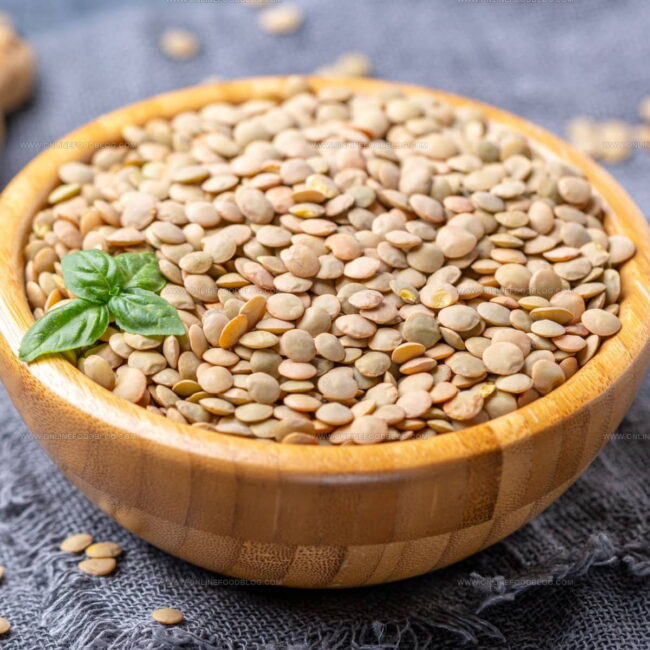
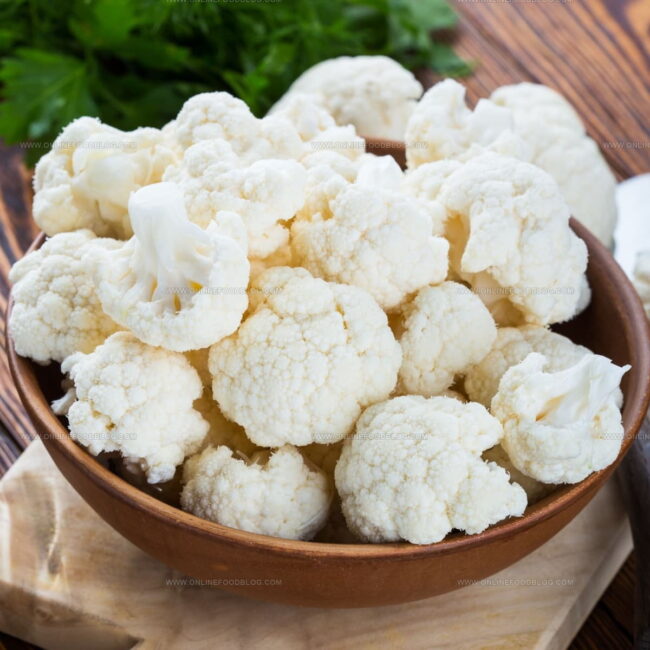
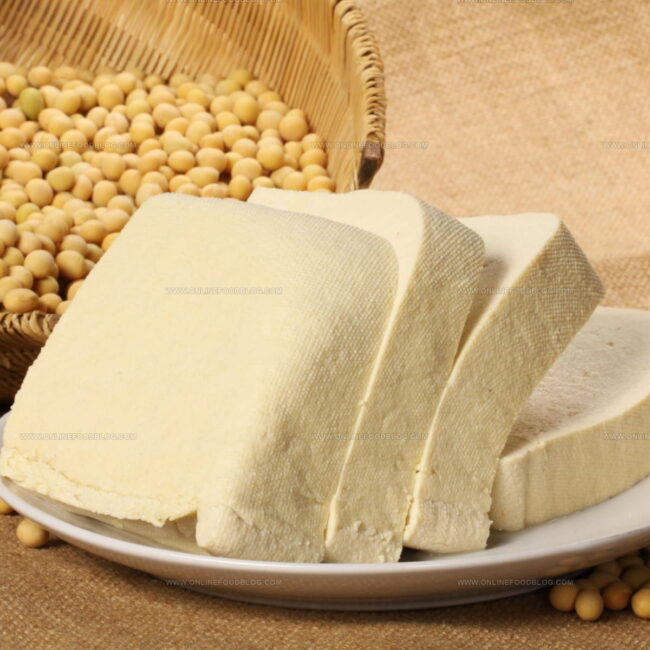


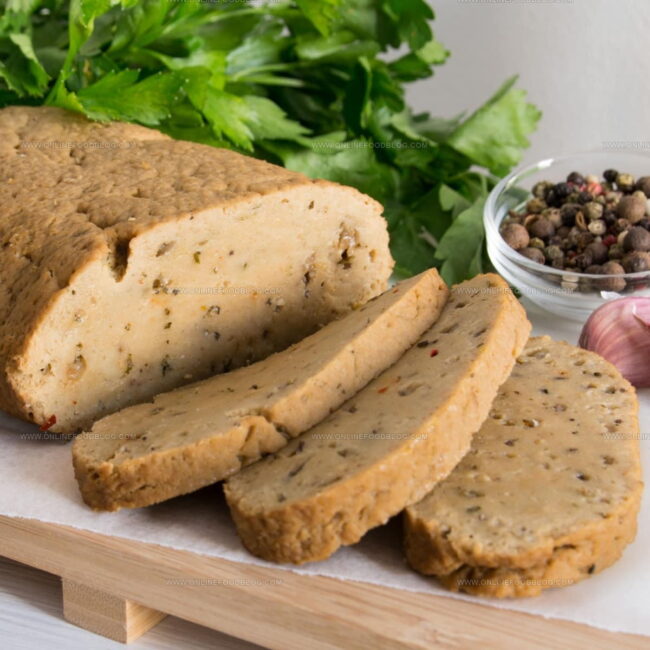
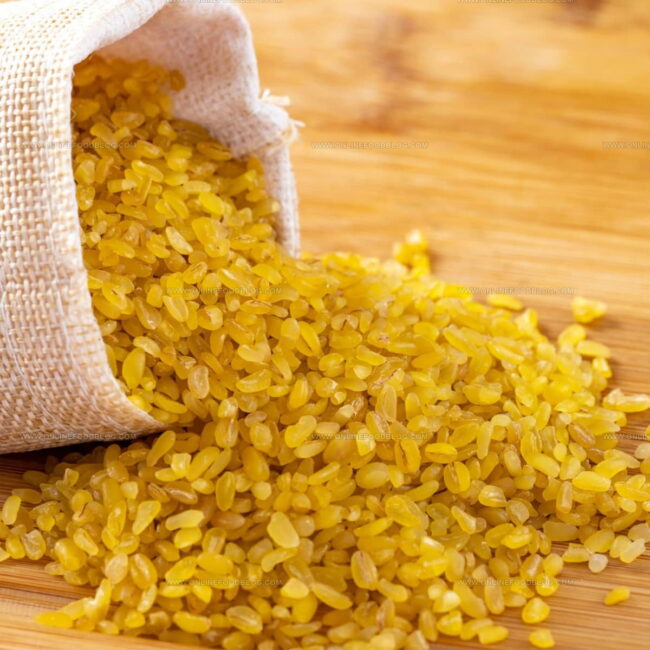
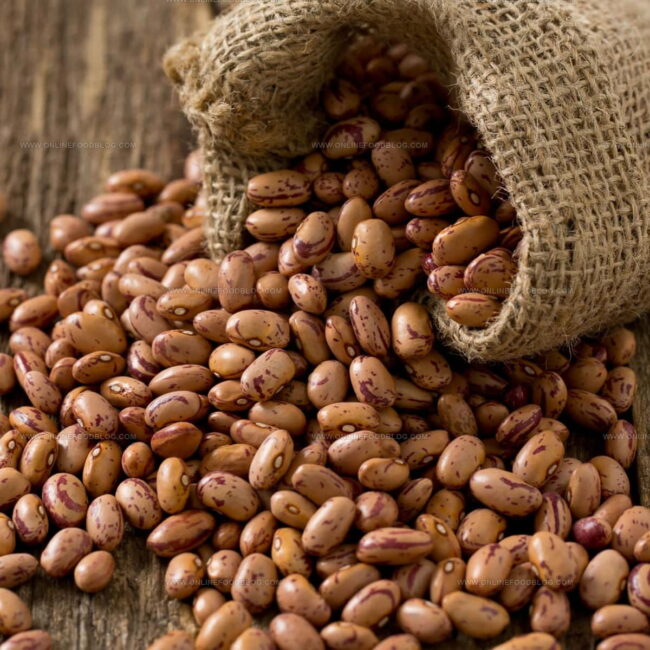
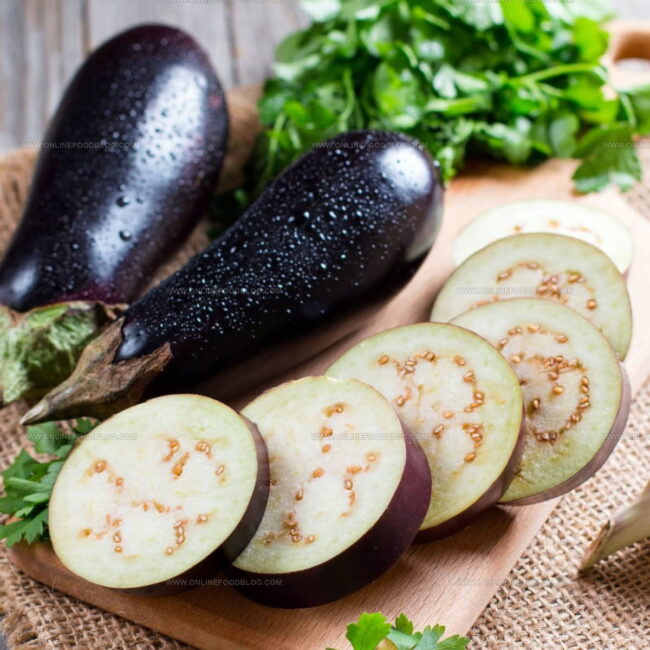
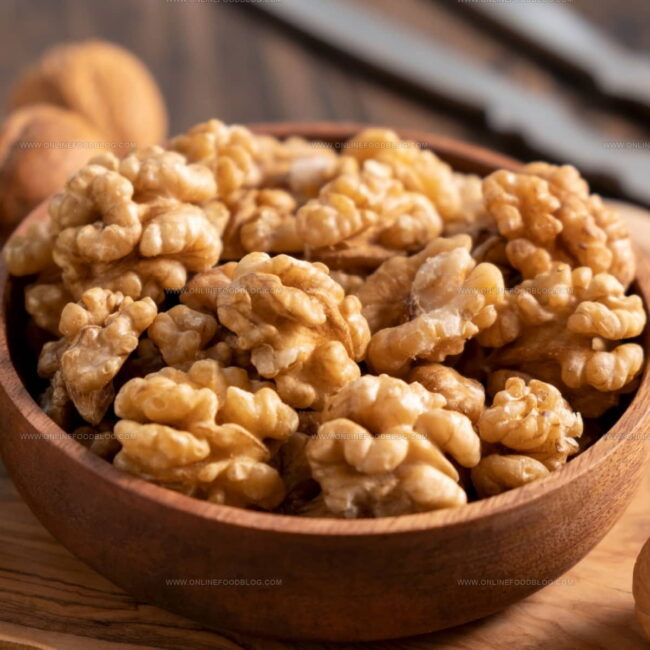

Mia Reynolds
Food Writer & Home Cooking Specialist
Expertise
Easy Home Baking, Recipe Writing and Storytelling, Local and Seasonal Ingredients, Baking for Beginners
Education
New England Culinary Institute (NECI), Montpelier, Vermont
Community College of Vermont, Winooski, Vermont
Mia Reynolds fell in love with baking as a teenager experimenting in her family kitchen. Her passion took her to New England Culinary Institute, where she learned practical pastry techniques, and later to Community College of Vermont to deepen her understanding of food management.
Mia combines clear, simple baking instructions with heartwarming stories, making home baking approachable for everyone.